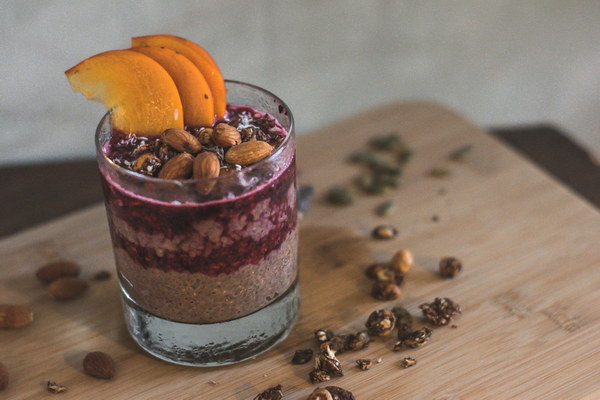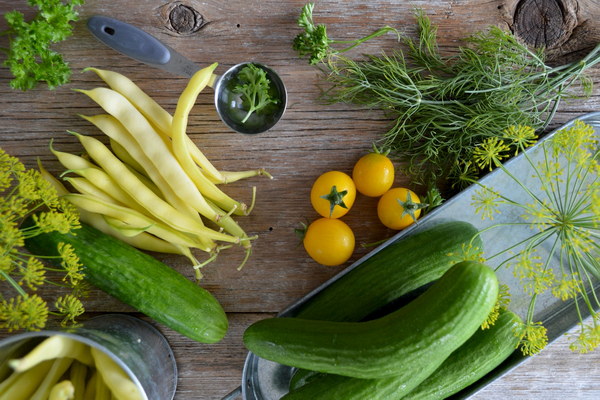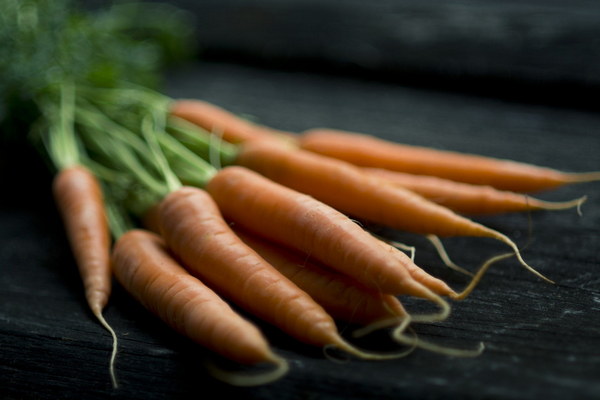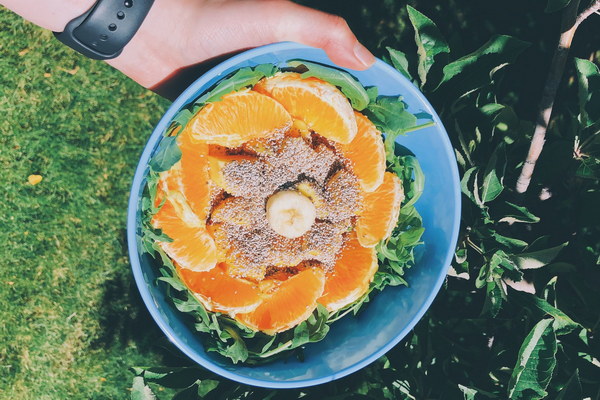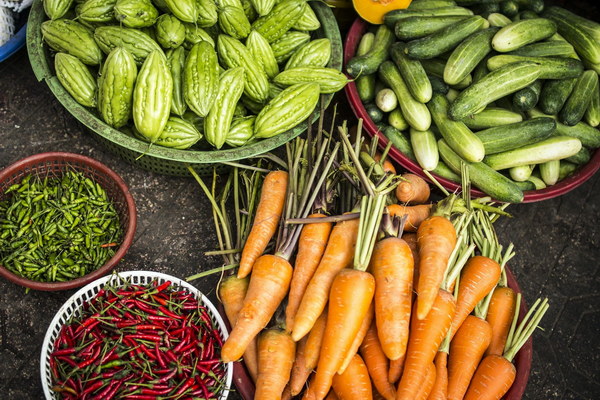Nurturing Young Lives A Guide to Nutritional Support for Children with Pneumonia
Pneumonia, an inflammation of the lung tissue, can be a challenging condition for children, often requiring careful attention to their nutritional needs. Proper nutrition is crucial in supporting their immune system and aiding in their recovery. This article aims to provide a comprehensive guide on how to nourish children suffering from pneumonia.

1. Hydration is Key
One of the first steps in supporting a child with pneumonia is ensuring they are well-hydrated. Adequate fluid intake helps to thin mucus, making it easier to cough up and preventing complications. Encourage your child to drink plenty of fluids, including water, herbal teas, and clear broths. For younger children, consider using a sippy cup or a spoon to make it more enjoyable.
2. Nutrient-Rich Diets
A balanced diet rich in essential nutrients can help boost your child's immune system and support their recovery. Here are some key nutrients to focus on:
a. Protein: Proteins are essential for cell repair and growth. Include lean meats, fish, poultry, eggs, dairy products, legumes, and nuts in your child's diet.
b. Vitamin C: This powerful antioxidant can help support the immune system. Citrus fruits, strawberries, bell peppers, and kiwis are excellent sources of vitamin C.
c. Vitamin D: Vitamin D plays a crucial role in immune function. Offer your child fatty fish, fish liver oils, and fortified foods like milk, orange juice, and cereals.
d. Zinc: This mineral helps support immune function and wound healing. Incorporate zinc-rich foods such as nuts, seeds, legumes, and whole grains into your child's diet.
e. Iron: Iron is essential for red blood cell production, which can be affected by pneumonia. Include iron-rich foods like lean meats, poultry, fish, beans, lentils, and fortified cereals.
3. Easy-to-Digest Foods
Children with pneumonia may have difficulty eating due to pain, discomfort, or a decreased appetite. Opt for soft, easy-to-digest foods that are gentle on the stomach:
a. Mashed potatoes: A comforting and nutritious option, mashed potatoes can be seasoned with herbs and spices to add flavor.
b. Rice: White or brown rice is easy to digest and can be served plain or mixed with other nutritious ingredients.
c. Creamy soups: Soups can be soothing and provide a variety of nutrients. Choose broths or stocks with vegetables, lean meats, and whole grains.
d. Scrambled eggs: Eggs are a great source of protein and can be made soft and easy to eat.
4. Avoid Certain Foods
While nourishing your child is essential, some foods may exacerbate their symptoms or cause discomfort. Avoid the following:
a. Highly seasoned or spicy foods: These can irritate the throat and stomach.
b. Gas-producing foods: Foods like beans, broccoli, and cabbage can cause bloating and discomfort.
c. Greasy or fried foods: These can be difficult to digest and may worsen respiratory symptoms.
5. Consult with a Healthcare Professional
It is always important to consult with a healthcare professional before making significant changes to your child's diet. They can provide personalized advice based on your child's specific needs and condition.
In conclusion, proper nutrition is a vital component in supporting children with pneumonia. By ensuring adequate hydration, incorporating nutrient-rich foods, and avoiding certain irritants, you can help your child maintain their strength and speed up their recovery. Remember to consult with a healthcare professional for personalized guidance and support.
